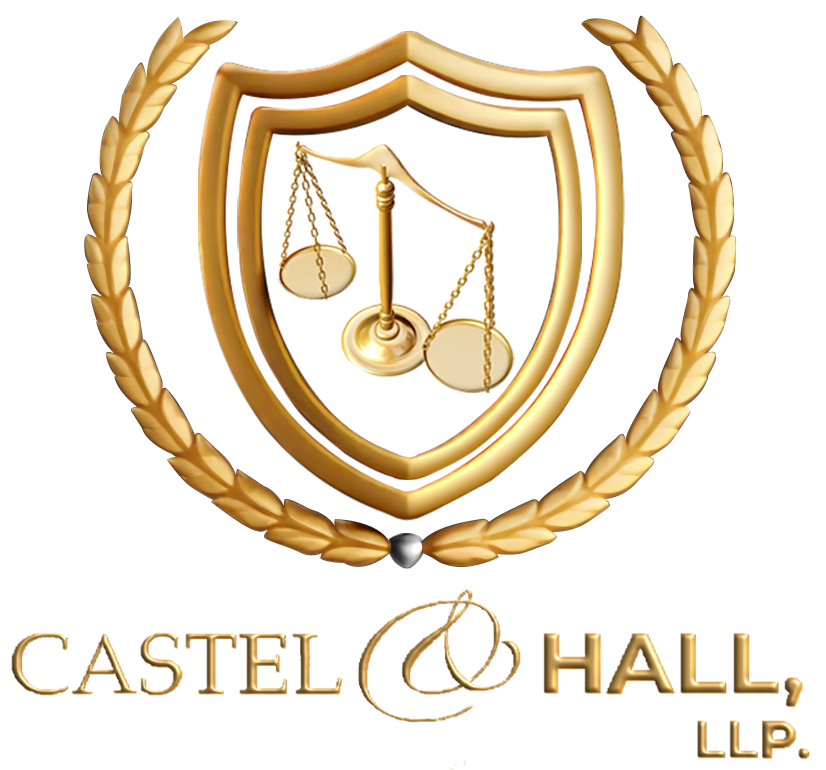Massachusetts
immigration waiver attorney preparing compelling hardship cases
I-601 and I-601A strategies tailored to your family
Unlawful presence, prior removal, misrepresentation, or certain convictions can make someone “inadmissible” to the U.S. Castel & Hall LLP builds targeted waiver applications that prove extreme hardship to qualifying relatives and address every legal element. We integrate your waiver with
family immigration plans so consular processing or adjustment of status stays on track.
Documentation that tells the full story
Strong waivers go beyond forms. We develop timelines, obtain therapist and physician letters, analyze school needs for children, and demonstrate the impact of relocation or separation. If criminal history is involved, we collaborate with our
criminal defense team and explore record remedies before filing to strengthen the case.
Provisional, general, and criminal-ground waivers
The I-601A provisional waiver helps qualifying spouses and children overcome unlawful presence bars before visa interviews abroad. The I-601 waiver can address misrepresentation, certain criminal grounds, and medical-related inadmissibility. Some applicants also need J-1 home-residency waivers or 212(h) relief in specific scenarios. We assess records, prepare declarations, and collect medical, financial, and country-condition evidence to meet the demanding “extreme hardship” standard—often while coordinating with deportation defense if court proceedings are pending.
Immigration Waivers – FAQ
What’s the difference between I-601 and I-601A waivers?
I-601A is a provisional waiver for unlawful presence only, filed inside the U.S. before consular processing. I-601 covers broader inadmissibility grounds (e.g., certain crimes or fraud) and is usually filed outside the U.S. or with AOS in specific contexts.
Who counts as a “qualifying relative” for an unlawful-presence waiver?
Generally a U.S. citizen or LPR spouse or parent (not children). Extreme-hardship evidence focuses on the qualifying relative’s hardships, not the applicant’s alone.
Can I waive a false claim to U.S. citizenship?
In most cases, no. Limited exceptions exist (e.g., certain claims made as minors). Get a precise analysis before filing anything.
What is a 212(h) waiver?
It may waive certain criminal grounds (like CIMTs) in specific scenarios, often requiring extreme hardship to a qualifying relative and favorable discretion.
Can I file more than one waiver?
Sometimes multiple waivers or a waiver plus consent to reapply (I-212) are needed. Sequencing and venue (consulate vs. USCIS) matter.
How do I prove “extreme hardship”?
Medical issues, financial harm, educational disruption, country conditions, psychological reports, and community ties—documented in detail—build a compelling record.
How long do waivers take?
Timelines vary widely by form and venue. Provisional waivers can take many months; consular processing adds more time. Plan for travel and employment impacts.
Should I apply without a lawyer?
Because waivers are discretionary and evidence-heavy, attorney strategy significantly affects approval odds.
Interviews, travel, and next steps
Once a waiver is granted, we coordinate NVC processing, consular interviews, or adjustment steps. Castel & Hall LLP remains your guide until the green card is issued—and later when you are ready for
citizenship and naturalization.









